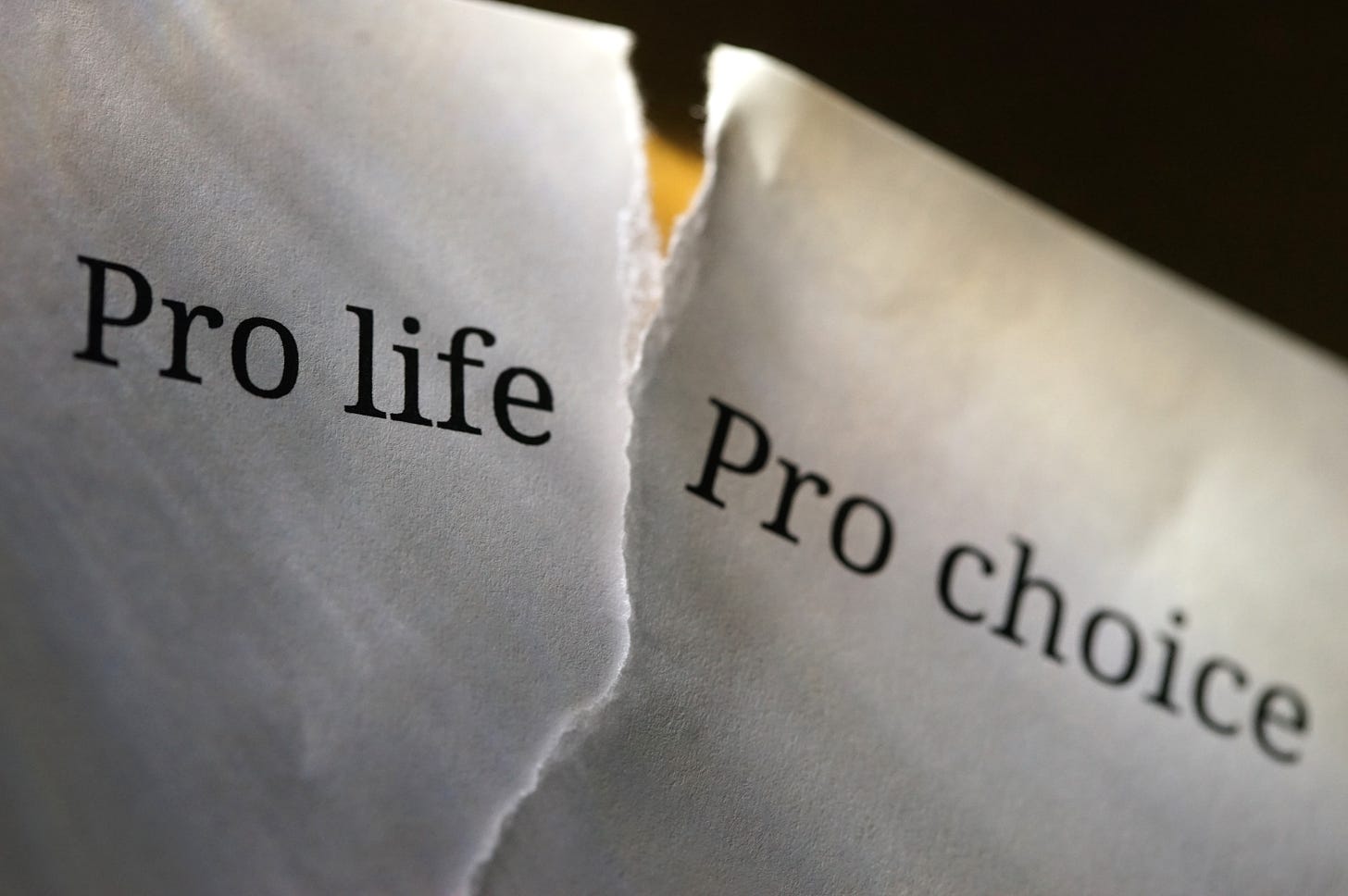The Problem With Polling Abortion
Polls serve an essential function in American democracy, but they have inherent limits we would be wise to acknowledge
This is difficult for me to admit as someone who makes a living conducting and analyzing polls, but we might need to think hard about what polls are really contributing to the public debate on abortion.
Polls play a crucial role in our debates over public policy. They reveal to journalists, elected officials, and policymakers the public’s preferred pol…
Keep reading with a 7-day free trial
Subscribe to American Storylines to keep reading this post and get 7 days of free access to the full post archives.




